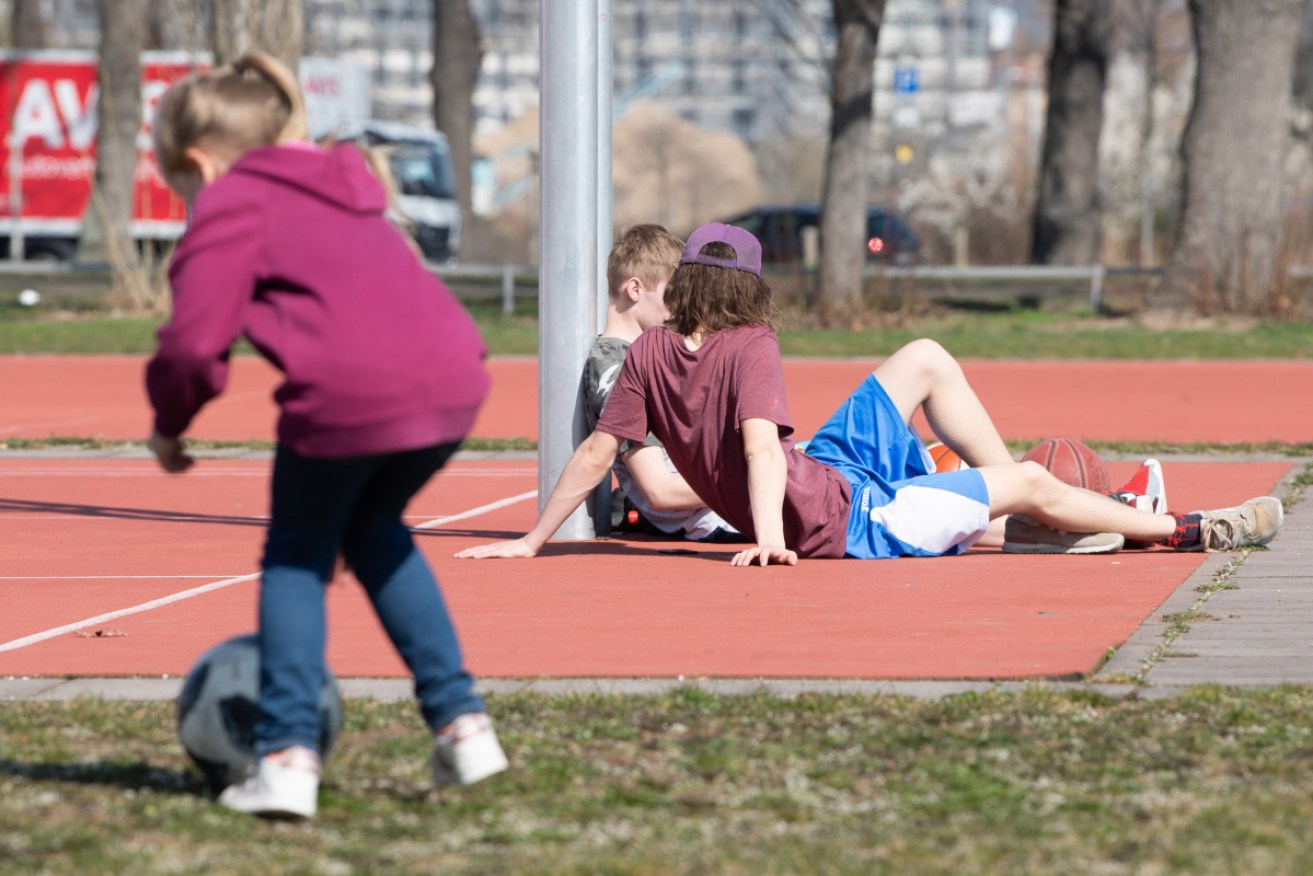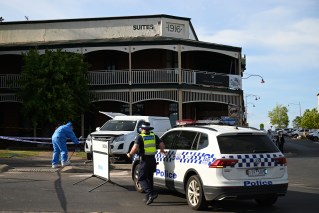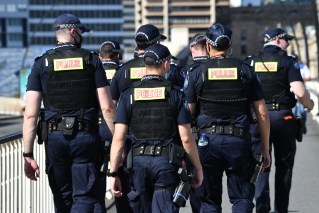How to keep children safe from the coronavirus when they’re going to school


It's vital children do not get infected because they can easily pass it on to those at greater risk of becoming seriously ill and dying. Photo: Getty
Parents, take note. From now on (at least until the coronavirus pandemic is over), your child’s new best friend will sadly have to be the hand sanitiser.
But it’s not them that need the ultimate protection against COVID-19.
It’s their grandparents that they may be running up to hug after school or the chronically sick family friend you take them to see every so often.
Their weakened immune system has made them a coronavirus target.
Children can be carriers of the virus without them or their parents even knowing – and they may pass it on simply by them touching another human or standing in close proximity to them.
Most vulnerable are the elderly and people with medical conditions.
There’s a lot of parents upset about why kids should even be going to school and teachers are frustrated, too, telling The New Daily they’re being treated like expendable babysitters.
But for now, it looks like classroom doors are staying open.
The government is taking advice from medical professionals.
General practitioner Muhammad Mohsin explained: “The only concern we have right now is that children can be spreaders of the disease if we don’t take proper precautions … because they can still host the virus within them without getting the illness, and that virus can be spread to everybody.”
Most schools have been changing their practices (splitting up lunch time to have fewer kids mingling, for example).
But there’s only so much a teacher can do, so parents would be wise to take matters into their own hands.
Literally.
Hand sanitiser should be in the school backpack every day.
It can significantly reduce the risk of your child contracting the coronavirus and infecting another person.
A bar of soap will do the trick, too.
Teach your kids to rub it on before and after class so that their hands aren’t rife with contaminants that can cause or carry the coronavirus.

Hand hygiene is recommended as one of the key measures to slow down transmission of the coronavirus. Photo: AAP
That will stop them from potentially putting harmful contaminants on desks, chairs, pencil cases or just about anything they come into contact with.
For all they know, it could be a poster stuck to a whiteboard that ends up infecting a teacher who was just taking it down but a student unknowingly carrying the virus touched it.
After a child is done from class, it’s best they reapply the sanitiser to their hands because – like the example of the teacher – they may have touched something that was carrying the coronavirus.
The virus can linger on plastic and stainless-steel surfaces for up to three days, according to a new study published in the New England Journal of Medicine.
It’s even better if your child can apply sanitiser before and after switching between surfaces, such as from one desk to another because while their desk may be free from contaminants, the one they’re moving to may not be.
Repeat that process if they’re borrowing something from another person, such as a pencil or book because it could also be a carrier of the coronavirus.
And, much like the rest of us, they too should also sneeze or cough into their elbows, wash their hands for 20 seconds, and avoid shaking hands.
Most importantly, teach your child to avoid touching their face, particularly their eyes, nose and mouth as – if they fail to heed the above advice – that can give the coronavirus an entry point.
“If we take those precautions as much as we can, we can delay the process of transmission and … our hospitals and the health care system will be able to cope with the number of patients,” said Dr Mohsin, director of online doctor service, Prime Medic, and CEO of home doctor service, 13 CURE.
If your child takes the bus to and from school, make sure they sanitise their hands before they hop on and after they hop off.
Even if you drive them to school, they should do the same as there is a risk someone carrying the virus touched your vehicle while you had it parked in a public area.
Also, try and have them avoid – where possible – being among large groups of students.
Even if they’re just chatting to one other person, have them keep their distance – 1.5 metres where possible.








